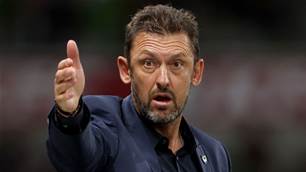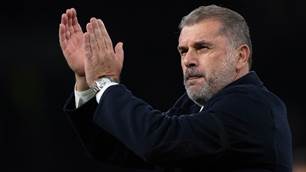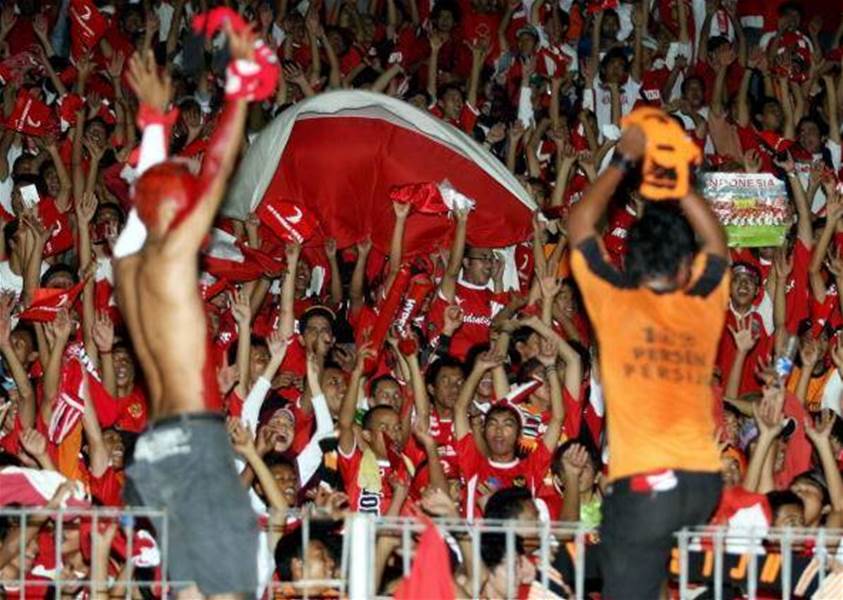Australian Robbie Gaspar remembers the moment he realised Indonesia’s football passion ran deep and was absolutely world class.
“Stadia infrastructure has improved massively since I began playing there in 2005 to 2012. I lived in Balikpapan and they have an international airport. And a new 45,000 seater stadium.
“Likewise, Semarang has a domestic airport and a 55,000 seater stadium. Makassar, Palembang, and Surabaya are building stadia.
“All over Indonesia, they are building really good stadia, new ones. And with the airports being built, and the roads are being improved as well.
“One of Widodo’s mandates is to improve the links between the archipelago and the cities, especially throughout Java.
“And in Jakarta, the new train system has improved public transport, too.”
Imagine holidaying in Bali, watching World Cup games in your timezone as sunset descends on the party capital island...
Then flying to see a World Cup Group game in Jakarta at the impressive Bung Karno stadium, before flying to Australia for more carnival style partying as World Cup fever takes over down under.
“And there are so many places that are easy to get to from Jakarta or Bali. Medan, Surabaya, Makassar… it will be amazing,” added Gaspar.
Opponents of Indonesia will point to their low FIFA ranking (currently 160, though they were in the top 80 in 1998) and previous governance issues, resulting in a FIFA ban.
Indonesia was banned in June 2014 after the sports ministry and football association failed to resolve a dispute over who ran the game in the country.
The suspension ruled the national team out of the 2018 World Cup and 2019 Asian Cup qualifying campaigns.
And in 2012, Indonesia escaped sanctions when rival associations, angered by divisions over local FA chairman elections, finally agreed to merge their league competitions.
What's more, worryingly, hooligan culture in recent times has cast a dark cloud over football in the country.
“Despite all the issues of governance with their football, to continue to get thousands of fans filling stadia with that passion," stresses Gaspar.
And hosting a World Cup will drive up standards across the board, enabling Indonesia, explained Gaspar, to roll out a junior development program aimed at producing the highest quality national team.

The ASEAN bid, purely by its numbers and combined economic muscle, remains a powerful contender at this stage.
Gaspar, however, remains a little skeptical, saying “there are probably too many countries” in their bid.
He added: “I just think two nations, Indonesia and Australia, are better suited.
“By the time a World Cup comes around, Indonesia will be ready for it. It’ll be unrivaled.
And I think a turning point for their football. And perhaps this joint bid will help Australia finally get over the line to host.
“I get goosebumps just thinking about it.”
Related Articles

Champion A-League coach set to join Premier League giants

Split decision: Popovic in mix as Hajduk hunt new boss













